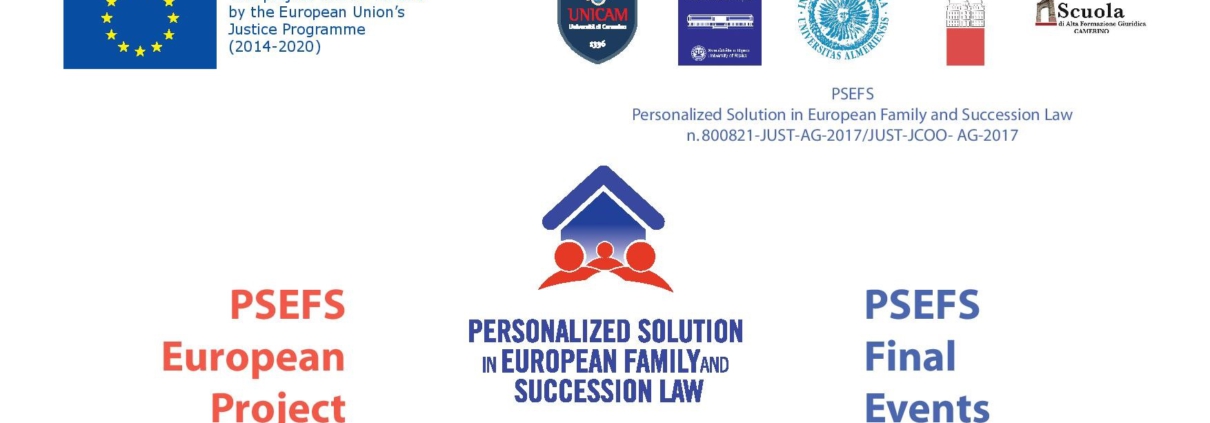Views
Nothing Found
Sorry, no posts matched your criteria
News
R. Brand on Provisional Measures in Aid of Arbitration
The success of the New York Convention has made arbitration a preferred means of dispute resolution for international commercial transactions. Success in arbitration often depends on the extent to which a party may, in advance, ensure that assets or evidence is secured in advance, or that the other party is required to take steps to secure the status quo. This makes the availability of provisional measures granted by either arbitral tribunals or by courts important to the arbitration process. In this chapter, Ron Brand of the University of Pittsburgh School of Law considers the existing legal framework for such provisional measures in aid of arbitration, giving particular attention to the source of the rules that might govern such relief related to international commercial transactions and the arbitration of disputes they may generate. These include the New York Convention, the applicable lex arbitri, institutional arbitration rules, and the arbitration contract. He considers how these sources do or do not provide a comprehensive and coherent framework for effective dispute resolution – including especially the effective satisfaction of any resulting arbitral award – and some of the ways in which the arbitration clause may be drafted to specifically take into account the often unanticipated, but always possible, need for provisional measures.
TThe article is accessible here
The Final PSEFS Project Event on 20 & 21 October 2020
We have already reported on PSEFS, that stands for “Personalized Solution in European Family and Succession Law”, a co-funded EU Justice project, on two occasions: here and here.
On Tuesday 20 & Wednesday 21 October 2020 the project leader University of Camerino and its partners are organising the Final PSEFS Project Events to disseminate at the project results and discuss the pressing issues in the area of cross-border implications of couples’ property and succession. Rich programme includes many speakers from justice and academia. The event will take place online and participation is free of charge while registration is mandatory – here.
Most recent project outcomes include:
– handbook available in 5 languages: M.J. Cazorla González, M. Giobbi, J. Kramberger Škerl, L. Ruggeri & S. Winkler (eds.), Property Relations of Cross-Border Couples in the European Union, Napoli, Edizioni Scientifiche Italiane, 2020.
– model documents and guidelines for practitioners in 5 languages: M.J. Cazorla González, L. Ruggeri (eds.), Guidelines for practitioners in cross-border family property and succession law (A collection of model acts accompanied by comments and guidelines for their drafting), Dykinson, 2020.
Both are available via this link at the bottom of the page.
Transboundary Environmental Pollution in PIL from a Comparative Perspective
Guillaume Laganière has published his doctoral thesis (McGill University, May 2020) “Liability for transboundary pollution in private international law: a duty to ensure prompt and adequate compensation” online here. Because of the author’s comparative approach to the topic, the work is not only interesting to Canadian readers. The abstract reads as follows:
Our legal response to transboundary pollution depends not only on the adoption of preventive measures and regulatory oversight but also on the existence of civil liability mechanisms. Victims fundamentally seek to hold polluters liable for breaching their duties or deviating from basic standards of diligence, to obtain redress for the damage that ensued and to prevent it from continuing. The process becomes difficult, however, when pollution crosses borders and several domestic regimes are involved. This is where private international law comes into play.
This thesis investigates the regulatory function of private international law with respect to transboundary pollution. It uses the International Law Commission’s Principles on the Allocation of Loss in the Case of Transboundary Harm as a benchmark and assesses Canadian private international law accordingly. It suggests that states have a duty to ensure the availability of prompt and adequate compensation for all victims of transboundary pollution (local or foreign). States must implement domestic measures to facilitate claims against transboundary polluters. This includes equal access to justice and equal remedies for all victims. Private international law plays a crucial role in this context: courts must have jurisdiction to hear cross-border claims and apply a law that is favourable to compensation under choice of law rules.
This thesis builds from international environmental law to identify preferable rules of jurisdiction and choice of law for transboundary pollution in the Canadian context. It also addresses the enforcement of foreign judgments against local polluters. The conclusions of this thesis have implications for all cross-border environmental litigation, including climate change litigation against greenhouse gas emitters currently unfolding in domestic courts around the world.



